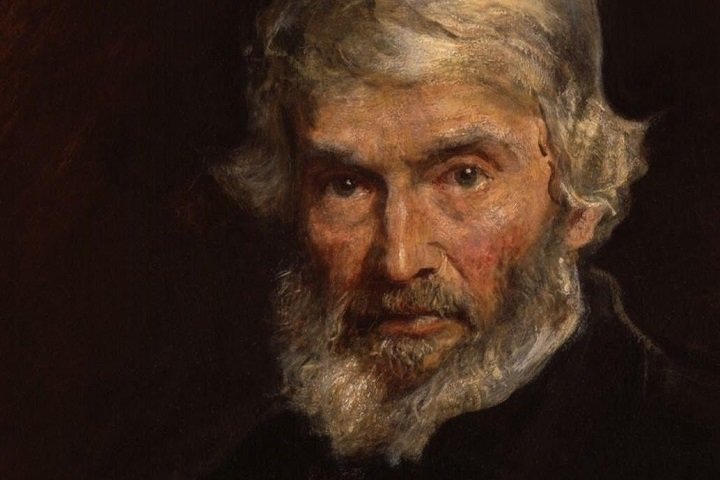Background
Much like Ruskin, Thomas Carlyle was a major influence of the 1880’s socialist movement in England and William Morris. In 1843, there was a reported 1.5 million unemployed in England which lead to rioting, causing many to fear that a full-scale mutiny or revolution was coming. Carlyle was so upset by the suffering of the working class that he postponed writing a biography on Oliver Cromwell to instead write Past and Present, a book meant to air Carlyle’s personal views on the crises and to call for heroic leadership, which Carlyle believed England was lacking.
Summary
“Midas”: Carlyle argues that the wealth generated by industrial capitalism has made everybody poor- either in the material sense (actual poverty) or in the moral sense. He notes how some of the poorest are forced into crime and immorality, painting the picture of a poor family who poisoned and killed their children in order to collect insurance benefits from a burial society. He also argues that all of England has forgotten how to truly live because of this money, which he states is “enchanted” and belongs to no one.
“Gospel of Mammonism”: Here Carlyle describes what he terms the “gospel of Mammonism,” which has usurped Christianity in industrial society. Rather than living in “mutual helpfulness,” British society is described through its “totalest separation” and “isolation.” It is a society that rests on “mutual hostility.” Carlyle claims that men now view “Hell” as “not making money” and “not succeeding,” while “Heaven” is viewed as “the making of money.”
“Labour”: Here labor is described as a sacred task that endows man with hope and courage. He also notes that one should “know thy work,” which will bring you closer to truth. Also mentioned is the fact that the self is unknowable.
“Democracy”: Carlyle is aware that the spread of democracy was undeniable but he has very little faith in its effectiveness or in its ability to produce effective leaders, calling them instead, the “mock superiors.”
“Past and Present”: Here Carlyle argues that there is a need for new, competent leaders. For Carlyle, these leaders cannot be found in democracy or aristocracy, both of which are ineffective. Instead, he urges readers to reject the so-called gospel of Mammon and instead participate in a radical revolution of society that would elevate the working man to live a true life. In particular, he tells readers to stop “collecting scalps” which he uses as a symbol for savage industrial democracy. This rejuvenation can only happen if true leaders ( which he states will come from a mixture of the priesthood and the aristocracy) will give it guidance, and change the mob into a “regimented mass.”
